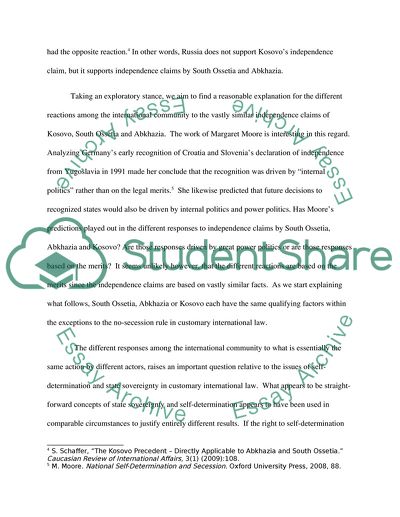Cite this document
(The International Community Position on Kosovo, South Ossetia and Research Proposal, n.d.)
The International Community Position on Kosovo, South Ossetia and Research Proposal. Retrieved from https://studentshare.org/politics/1731786-thesis-proposal
The International Community Position on Kosovo, South Ossetia and Research Proposal. Retrieved from https://studentshare.org/politics/1731786-thesis-proposal
(The International Community Position on Kosovo, South Ossetia and Research Proposal)
The International Community Position on Kosovo, South Ossetia and Research Proposal. https://studentshare.org/politics/1731786-thesis-proposal.
The International Community Position on Kosovo, South Ossetia and Research Proposal. https://studentshare.org/politics/1731786-thesis-proposal.
“The International Community Position on Kosovo, South Ossetia and Research Proposal”, n.d. https://studentshare.org/politics/1731786-thesis-proposal.


